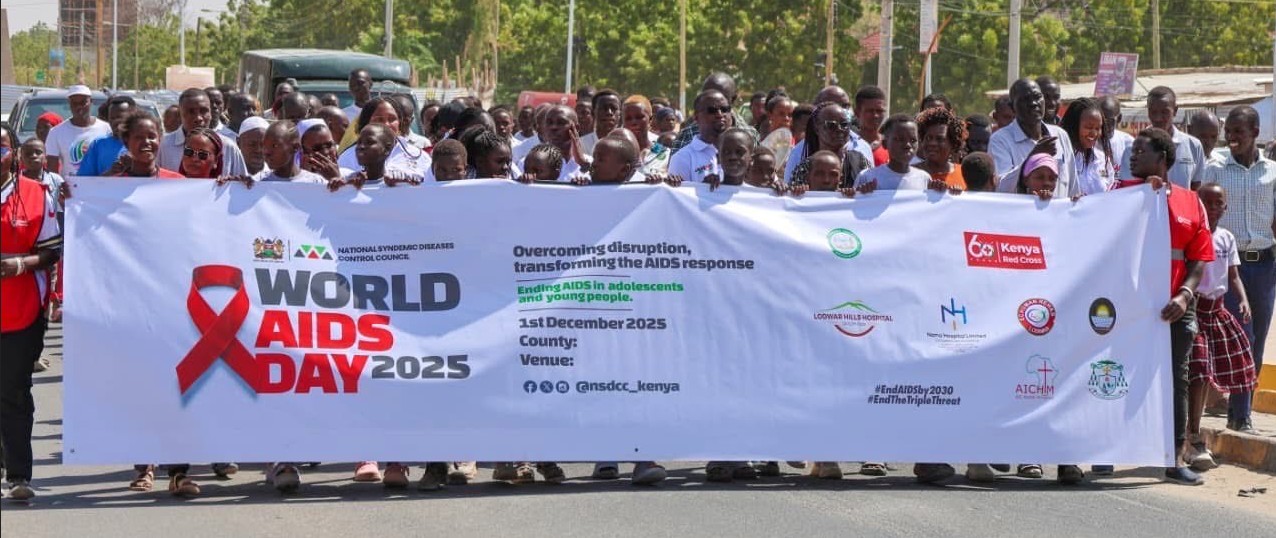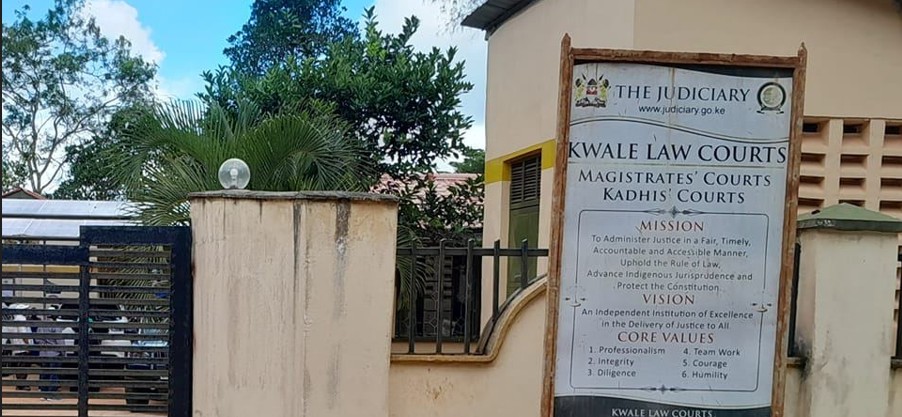UN advisory council on AI calls for global regulations to guide technology

The advisory body notes that AI has in some instances been seen to reinforce biases and expand surveillance in certain jurisdictions.
A United Nations advisory body on Artificial Intelligence formed by UN secretary-general António Guterres has called for the creation of universal global regulations to guide its roll-out in various industries and protect humanity against some of its possible dangers.
The team, which was formed last year to evaluate the potential benefits, opportunities and dangers of AI, says that while the technology presents extraordinary potential for good there are potential risks associated with the system.
More To Read
- Rights experts sound alarm on AI’s potential to target activists, undermine electoral integrity
- ChatGPT, Copilot forced off WhatsApp as Meta enforces new AI restrictions
- Anthropic launches Claude Opus 4.5, its most advanced AI yet
- X introduces transparency tool to curb bots and impersonation
- UN warns AI, anonymity fuel violence against women online
- Technology of freedom, risk of violence: Digital divide facing women in post-war Tigray
The report argues that the development of AI has seen unprecedented growth in innovations in various fields, such as scientific discoveries, and innovations in the areas of health, education, climate change, media, education and many others.
Yet with all these innovations, discoveries, ideas and opportunities, the report argues, AI has also exposed humanity to new challenges and risks.
The advisory body notes that AI has in some instances been seen to reinforce biases and expand surveillance in certain jurisdictions.
In other cases, automated decision-making using AI systems has also helped blur the accountability of public officials even as AI-enhanced disinformation threatens the process of electing these officials.
Challenge traditional models
The speed, autonomy, and opacity of AI systems, the report adds, also challenge traditional models of regulation, even as ever more powerful systems are developed, deployed and used.
"The opportunities and the risks of AI for people and society are evident and have seized public interest. They also manifest globally, with geostrategic tensions over access to the data, computing, and talent that fuel AI, with talk of a new AI arms race. Nor are the benefits and risks equitably distributed," the report titled Governing AI for Humanity, says.
 UN Secretary General Antonio Guterres. (Photo by LUIS TATO / AFP)
UN Secretary General Antonio Guterres. (Photo by LUIS TATO / AFP)
The High-level Advisory Body was formed to analyse and advance recommendations for the international governance of AI. It was co-chaired by Carme Artigas and James Manyika.
Its mandate was to consider how to govern AI today and also how to prepare governance institutions for an environment in which the pace of change is only going to increase.
"There is a real danger, even if humanity harnesses only the positive aspects of AI, that those will be limited to a club of the rich. Today's AI benefits are accruing largely to a handful of states, companies, and individuals," the advisory body argues.
"AI governance must therefore reflect qualities of the technology itself and its rapidly evolving uses — agile, networked, flexible — as well as being empowering and inclusive, for the benefit of all humanity."
The UN advisory body equally noted that while the development of some form of regulations of AI has been done in developed nations, a more inclusive approach was needed.
It added that the benefits of the AI system have also been unevenly distributed, with nations in the global south largely excluded from the development of the system and its regulations.
"We share the sense of urgency held by complementary governance initiatives on AI, including those by states as well as regional and intergovernmental processes such as the EU, the G7, the G20, UNESCO, and the OECD, among others.
"A more cohesive, inclusive, participatory, and coordinated approach is needed, involving diverse communities worldwide, especially those from the Global South or Global Majority," the report says.
In their analysis, the advisory council first identified opportunities and enablers of AI, its risks and challenges and the need for the creation of a governance structure to guide its development and roll-out.
The report concludes with preliminary recommendations and next steps, which will be elaborated in our final report by August 2024.
The AI Advisory Body is expected to publish its final report ahead of the Summit of the Future, in the summer of 2024.
Top Stories Today













































